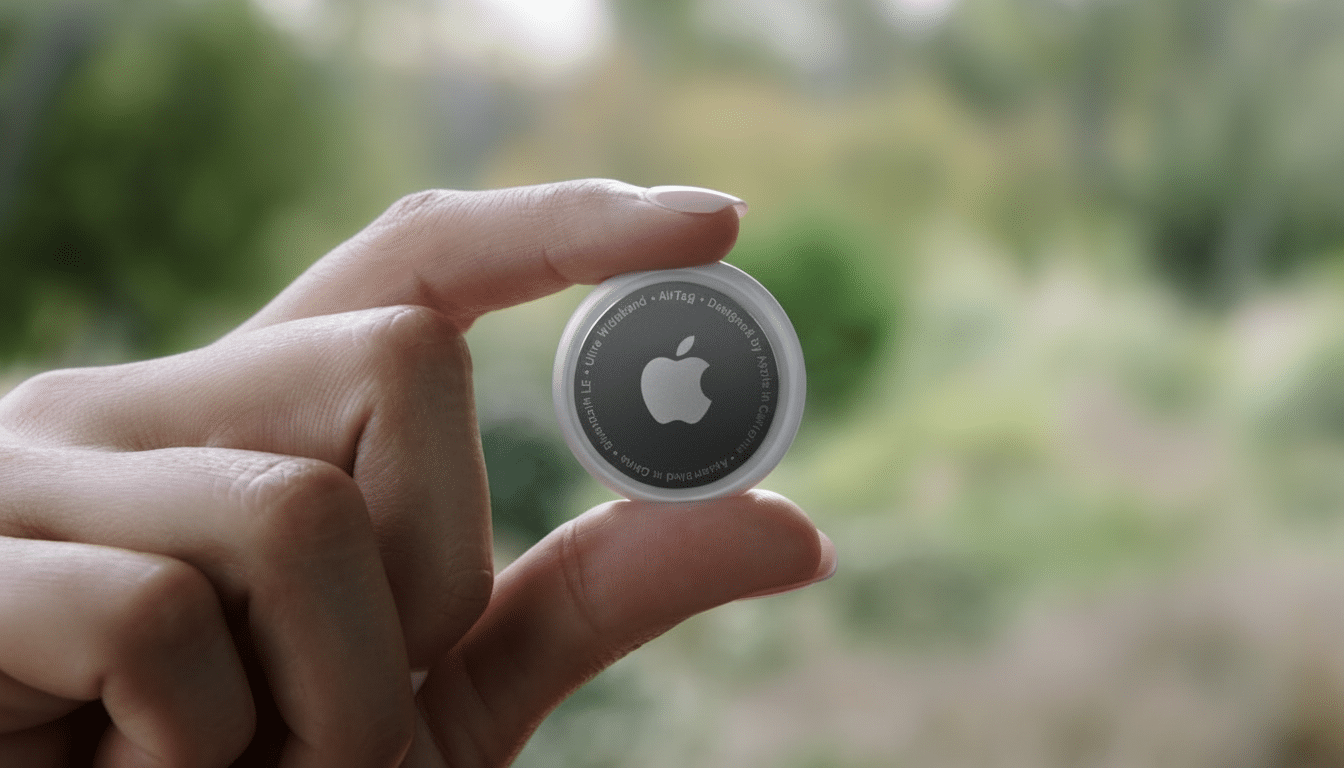A Florida couple was apparently targeted for home stalking using a concealed Apple AirTag, as part of an armed ambush that demonstrates how small Bluetooth trackers could be used not just by commuters but by criminals. The device was an AirTag, which had been attached beneath the couple’s vehicle when a pair of suspects bolted from a bungled attempt to kidnap them at home, according to the Hillsborough County Sheriff’s Office.
Authorities say a home alarm that was set off foiled the attack. By the end of the day, deputies had arrested two men and booked them on charges including armed kidnapping, armed burglary, and illegal installation of a tracking device. The case is part of a trend in which consumer location trackers that were developed to help people find their lost things are being used for surveillance and targeting.

How the ambush unfolded at a Tampa-area home
The suspects, Odardy Maldonado-Rodriguez and Luis Charles, are accused of having tagged the victims’ vehicle with an AirTag before following the couple to their Tampa-area residence and then holding them up at gunpoint as they exited the SUV, the Sheriff’s Office said. The suspects pushed the victims toward the garage when a security alarm went off and the suspects fled.
Deputies who responded to the scene searched and found a tiny, circular tracking device placed under the vehicle. The men were arrested following a DNA analysis and are now facing several felony charges, according to arrest affidavits. Prosecutors in Florida, meanwhile, have for years been turning increasingly to the state’s anti-tracking statute — which is often paired with violent-crime charges whenever a device is planted somewhere without someone’s consent.
AirTags are handy, but risky for abuse victims
Apple’s AirTag is along for the ride on that huge Find My network, which enlists other Apple devices near yours to anonymously update a tag’s location. It’s that scale that makes AirTags a genuinely ingenious solution for finding lost keys and luggage — and an appealing tool for those who would abuse it to track someone’s movements without his or her knowledge. Privacy advocates at organizations like the National Network to End Domestic Violence had warned since the tracker’s launch that abusers could turn trackers into monitoring devices, using them to surveil partners.
Real-world misuse has been documented by law enforcement. Toronto Police warned of a string of luxury vehicle thefts in which AirTags had been placed on cars to lead thieves to driveways. In the United States, a review of police records by investigative journalists in 2022 turned up dozens of stalking complaints connected to Bluetooth trackers — often women finding devices in wheel wells, under bumpers, or inside bags.
Apple has issued repeated updates designed to improve its safety measures, creating new audible alerts for more proactive notifications and a clearer path forward in the event of an unknown tag. The company also publishes a detailed safety guide and works with police; each AirTag comes with its own serial number and can be tied to an Apple ID during investigations.

What phones do now to warn you about hidden trackers
iPhone and Android users of the app now get cross-platform notifications when a new Bluetooth tracker they don’t recognize seems to be traveling with them. Apple and Google released a joint industry specification for unwanted tracker detection, and their latest software updates make it so phones will alert people even if the tag belongs to a competing ecosystem.
The best practice, if one does receive a notification, is to go to a public area with lights and possibly some additional witnesses before returning home. The tag can be triggered to make a sound and lead you in the direction of the device. Anyone who locates a tag should not destroy it; officers can use the identifying part as evidence. Support networks also suggest taking a photo of the alert screen, the tag’s position, and any suspicious vehicles observed in close proximity.
On iPhone, you’ll find AirTag and accessory tracking alerts in the Find My and system services settings; on Android, Unknown Tracker Alerts are built into recent versions of Google Play services. The more you can leave Bluetooth, location, and tracking notifications on, the better your phone will do at surfacing a warning sooner.
Florida law and accountability for illegal tracking
In Florida, you cannot place a tracking device on someone else’s property without permission, except for law enforcement and in the course of doing legitimate business. Prosecutors routinely stack that charge with burglary or kidnapping if trackers are used in connection with violent crimes. The tag’s alleged use in the Hillsborough County case was central to the criminal counts.
Below are just a few:
- Civil liability can follow from criminal cases, especially when the victims can show emotional distress or costs of enhanced security.
- Lawyers who focus on technology-enabled abuse say documentation — police reports, photographs of the device, and phone alerts — is key for both prosecution and civil claims.
Why awareness and reporting help prevent tracker abuse
Millions of them help reunite people with lost wallets, bags, and bikes every day. But the ambush in the Tampa area shows how a cheap, easy-to-hide device can become a convenience on one end of its use and a threat on the other. Awareness, updated phones, and prompt reporting are the best response — and can transform a would-be crime into an arrest, as this case illustrates.

